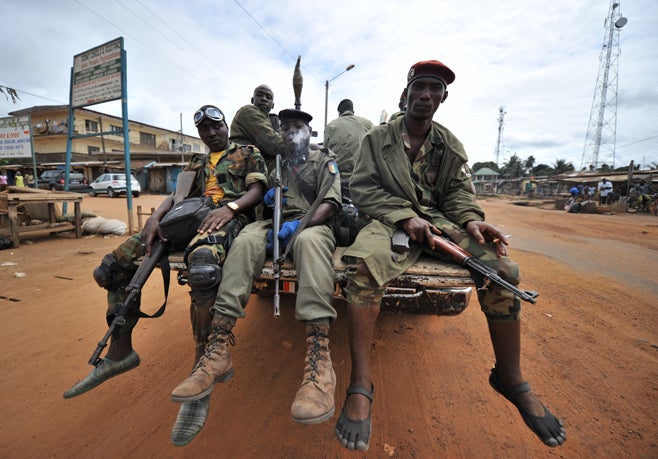By Brendan Oliver Bergh
Impunity Watch Reporter, South America
BUENOS AIRES, Argentina – After faithfully serving the catholic church for 30 years as a priest, Nicolas Alessio was cast from the church, and expelled from the ministry. With the media ablaze with stories of catholic corruption, sex abuse and ineffectual leadership many might come to the wrong conclusion for Alessio’s expulsion. In reality he was expelled for speaking in favor of gay and equal marriage when the issue came to a vote in Argentina.

When Argentina became the first Latin American country to legalize same-sex marriage in 2010, there was considerable outrage from many organizations. Chief among them was the Catholic Church which has maintained its staunch disagreement and criticism of the homosexual lifestyle. Among the chief insults to the Catholic Church, Alessio was determined to have made and was actively supporting gay marriage, and when it became legalized, marrying and divorcing same-sex couples.
Documents released earlier this week indicated that Alessio was punished “by dismissal from the clerical state, through the Congregation for the Clergy,” and as thus has lost “the clerical state’s own rights and remains excluded from the whole exercise of the sacred ministry.” The Archbishop of Cordoba, Monsignor Carlos Jise Nanez apparently reported that the canonical ecclesiastical court was brought forth due to Alessio’s public statements made in favor of same-sex marriage.
Unfortunately for Alessio, his conviction is not subject to any appeal. During the course of the trial, Alessio was forbidden from publicly exercising his position as a priest, and not allowed to publicly celebrate mass, or administer sacraments to the congregation. At the canonical trial Alessio did not exercise a defense, as he believed that trial itself was without foundation, and to do so would effectively endorse their actions.
Despite being officially ostracized by the church for exercising his freedom of speech and expression, Alessio has refused to stop his work. “Over 30 years serving the people of God did not mean anything to the Catholic Church. It was enough to opine different Archbishopric getting fired. I personally do not affect me at all, because I will continue sharing the sacraments as heretofore. The faithful do not care about these official decisions.“
With Uruguay becoming the second south American country to legalize same-sex marriage, the catholic church may need to readjust their stance and position on the subject. Alessio has indicated, that despite being excised from the priesthood, he will continue to do the job of a priest, “I will have to admit they can not erase what I am: a priest.”
For more information, please see:
El Puercoespin – Argentina: The Priest Who Made The Option For Gays, Politics And His Own Son, John D’Alessandro – 13 April 2013
Info Catolica – Nicolas Alessio Ha Sido Penado Con La Dimision De Estado Clerical – 13 April 2013
La Arena – A Nicolas Alessio Took Away The Cure Condition For Demonstrating In Favor Of Equal Marriage – 12 April 2013
Aica – El Vaticano Pena Con Dimision Del Estado Clerical A Jose Nicolas Alessio – 12 April 2013
Clarin – The Vatican Began To Cure Cordoba Who Supported Gay Marriage – 12 April 2013

